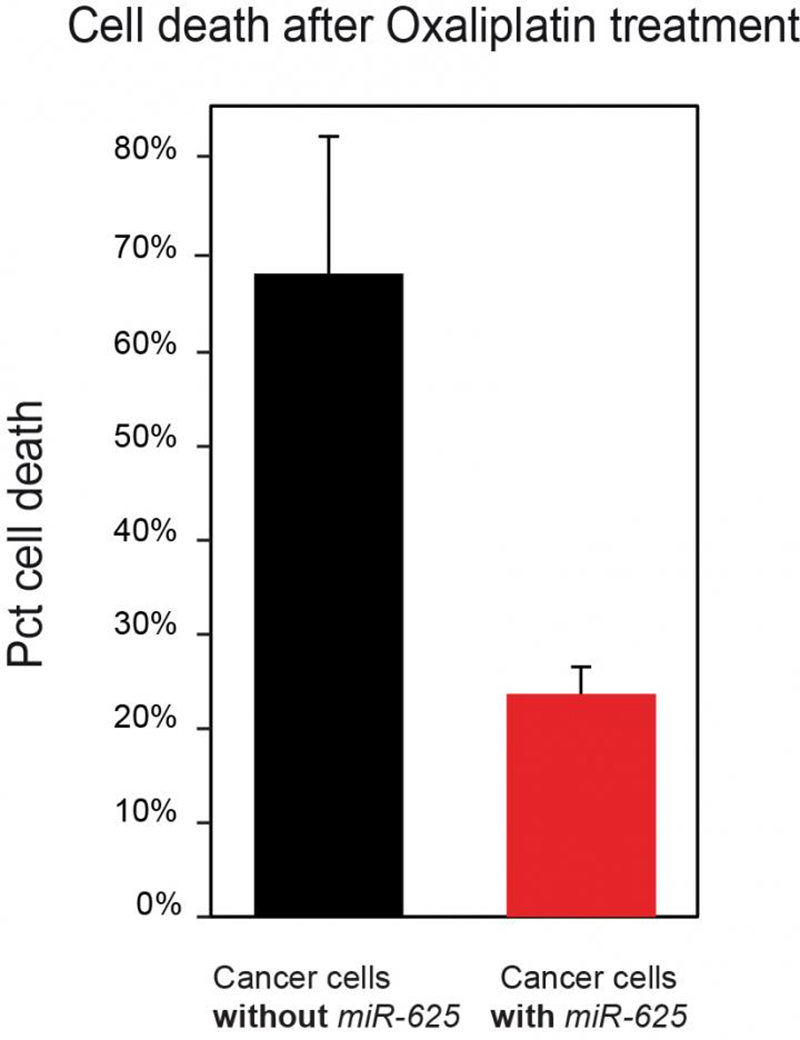Annually about 2,000 Danish patients with colorectal cancer are treated with chemotherapy. Today, a range of different chemotherapeutic regimens are available. However, deciding which regimen to use is not easy.
Unfortunately, it is currently impossible to predict which regimen will be most beneficial for the individual patient and for a large number of patients their cancer cells are actually resistant to the chosen treatment. Roughly half of the treated patients do not benefit from their first-line treatment — the cancer cells are not killed — and the patients sometimes only experience the serious side effects of the treatment.
“The challenge is that we do not know beforehand in which 50 percent the treatment will work. This means we have to treat all patients in the same way — including the 50 percent who do not benefit,” said Claus Lindbjerg Andersen, head of the research team at Department of Molecular Medicine at Aarhus University Hospital.
For the last three years the research team has been working on the development of a so-called biomarker to predict treatment effectiveness. Now the researchers found a molecule which is closely associated with the effect of Oxaliplatin treatment, an anti-cancer drug widely used in the treatment of colorectal cancer.
“Patients with tumours positive for the molecule actually have a six times higher risk of being treatment-resistant than other patients,” said Mads Heilskov Rasmussen, Postdoc, who together with Ph.D. student Iben Lyskjær has been driving forces in the research project.

This image shows cell death after Oxaliplatin treatment in cancer cells without and with miR-625. (Credit: Mads Heilskov Rasmussen)
Normally cells would die when treated with Oxaliplatin; however, cancer cells expressing the molecule, a so-called microRNA, do not respond. The research group has shown that it is the microRNA molecule that directly prevents the cancer cells from eliciting the normal response to the drug.
“In principle, this discovery opens up for the possibility to examine if a patient’s tumor has the microRNA biomarker before treatment is initiated,” Claus Lindbjerg Andersen said.
“It is approximately 20 percent of the patients who have the microRNA and can start another treatment and thus do not have to go through an ineffective Oxaliplatin treatment,” Mads Heilskov Rasmussen said. “In this way the patients can avoid the side-effects of an ineffective treatment.”
